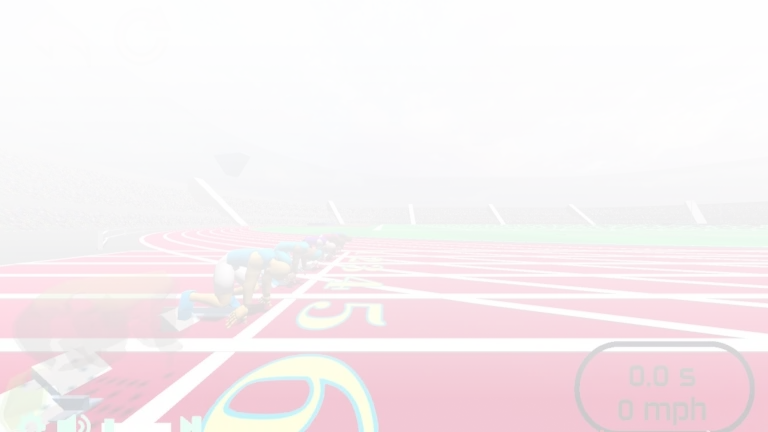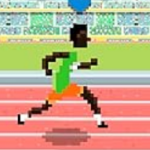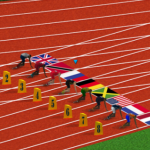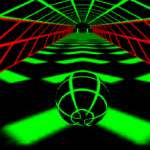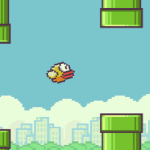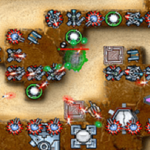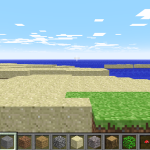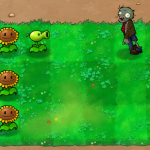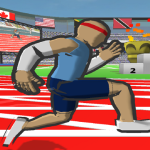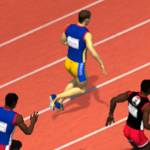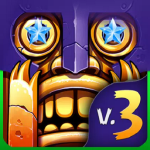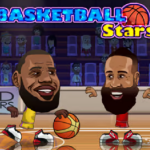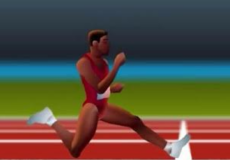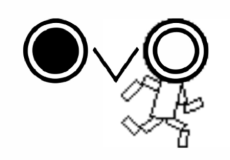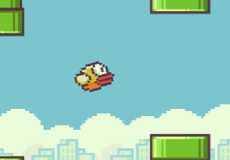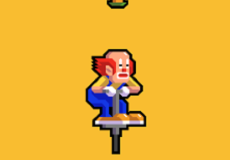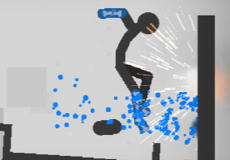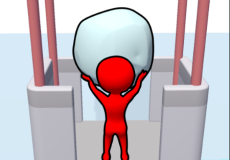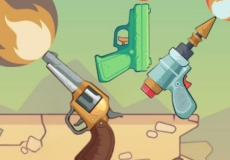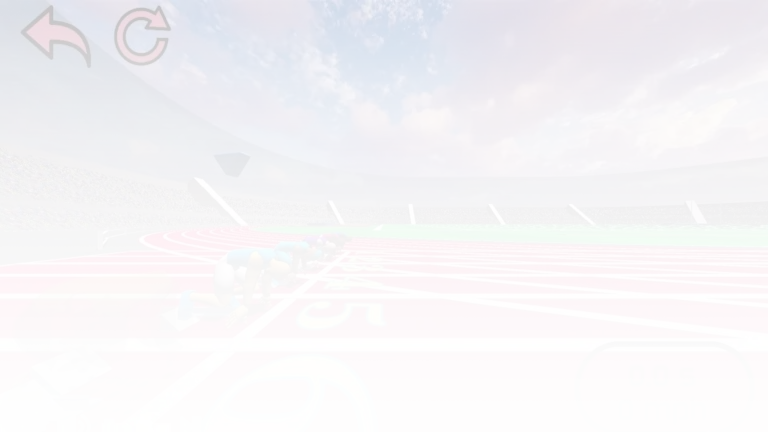
Hold On
Advertisement
Hold On is a psychological endurance game where the entire mechanic revolves around holding down a single button. At first, the task seems simple, but the game gradually introduces stress through environmental effects and shifting rules. The player is placed in a controlled room with changing lights, sounds, and sometimes messages on the walls. Letting go of the button may trigger alarms, reset progress, or activate traps.
Advertisement
Similiar games
Hold On is a psychological endurance game where the entire mechanic revolves around holding down a single button. At first, the task seems simple, but the game gradually introduces stress through environmental effects and shifting rules. The player is placed in a controlled room with changing lights, sounds, and sometimes messages on the walls. Letting go of the button may trigger alarms, reset progress, or activate traps.
Unpredictable Variations and Mind Games
Each level is designed to break concentration. Sounds cut in suddenly, the lights flicker, and timers appear with unclear purposes. In some stages, the player is asked to make a choice — hold longer or release early — without knowing the consequence in advance. The pressure builds not from action, but from waiting, watching, and second-guessing. Fake prompts, looping audio, and distorted messages are used to disorient. The player begins to doubt what they see and hear, but the button must remain pressed unless there’s clear evidence otherwise.
Endurance as Gameplay
Hold On transforms a basic action into a full gameplay loop by layering stress, uncertainty, and timing. The player’s hand might tire, or their mind might wander, but every second counts. Some stages reward patience, others punish delay, and the rules are never fully explained. Completion depends on observation and mental endurance rather than reflexes or memorization. The game reduces interaction to its bare minimum and builds complexity through perception and resistance, creating tension without traditional movement or combat.
Discuss Hold On
